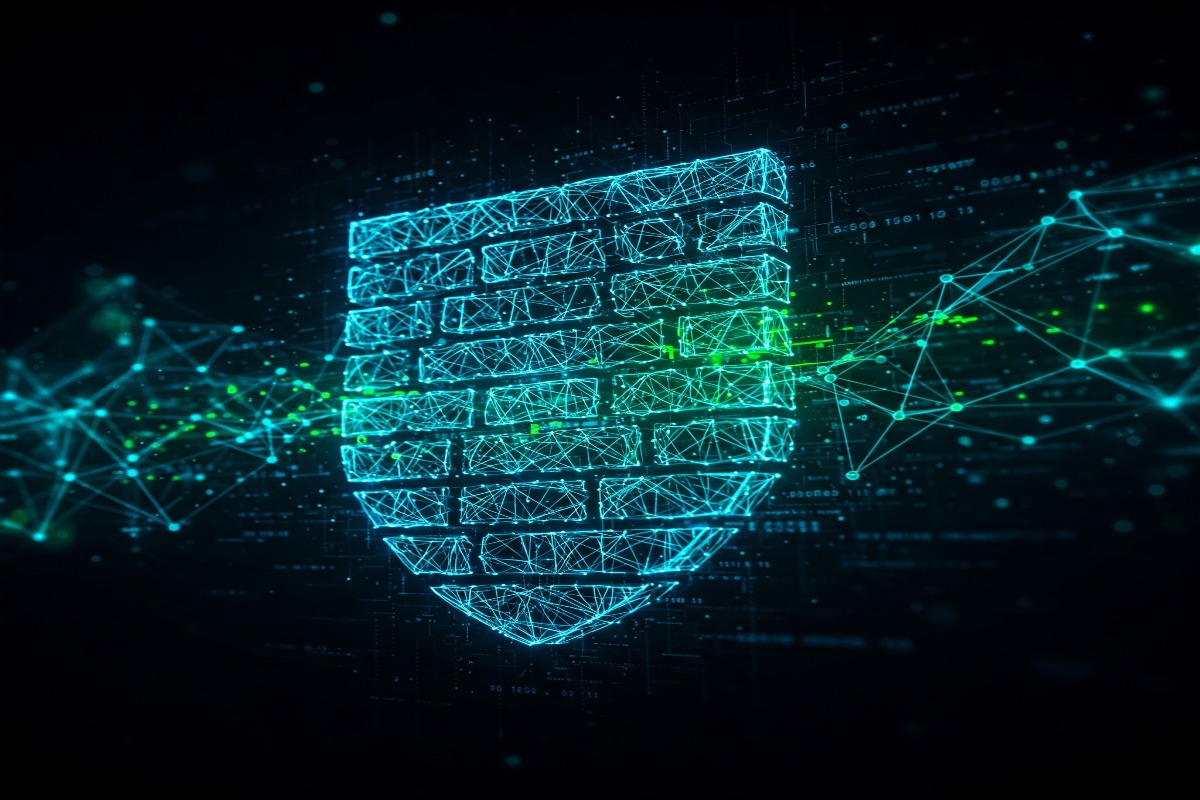
Fortifying Your Digital Fortress: The Unsung Hero - The Firewall
Fortifying Your Digital Fortress: The Unsung Hero - The Firewall
In the ever-evolving battleground of cybersecurity, where threats lurk in every digital corner, one stalwart defender stands firm: the firewall. Often taken for granted, firewalls are the unsung heroes of network security, acting as the first line of defense against malicious intruders. Let's delve into the crucial role firewalls play from a cybersecurity perspective.
What is a Firewall, Really?
At its core, a firewall is a network security system that monitors and controls incoming and outgoing network traffic based on predeterminedsecurity rules. Think of it as a digital gatekeeper, scrutinizing every packet of data trying to enter or leave your network. It decides whether to allow or block traffic based on various criteria, including source and destination IP addresses, ports, and protocols.
Why Firewalls Matter in Today's Cyber LandscapeIn a world plagued by ransomware, malware, and sophisticated phishing attacks, firewalls serve several critical functions:
Boundary Protection:
They establish a clear demarcation line between your trusted internal network and the untrusted external internet. This barrier prevents unauthorized access and limits the potential damage from external threats.
Traffic Control:
Firewalls enforce strict rules to regulate network traffic, allowing only legitimate communication and blocking potentially harmful connections. This helps prevent malware from entering your system and sensitive data from leaking out.
Intrusion Prevention:
By detecting and blocking suspicious traffic patterns, firewalls can thwart intrusion attempts before they escalate into full-blown breaches. They can identify and block known malicious IP addresses, port scans, and other suspicious activities.
Application Control:
Modern firewalls offer application-level control, allowing you to regulate which applications can access the internet. This helps prevent unauthorized applications from communicating with external servers, reducing the risk of data exfiltration and malware infections.
VPN Support:
Many firewalls support Virtual Private Networks (VPNs), enabling secure remote access for employees and partners. This is crucial for maintaining secure communication in today's increasingly remote work environment.
Logging and Monitoring:
Firewalls generate detailed logs of network activity, providing valuable insights into potential security threats. These logs can be used for forensic analysis, incident response, and security auditing.
Beyond the Basics: Modern Firewall CapabilitiesToday's firewalls go far beyond simple packet filtering. Next-Generation Firewalls (NGFWs) incorporate advanced features such as:
Intrusion Prevention Systems (IPS):
Detect and block sophisticated intrusion attempts based on known vulnerability signatures.
Deep Packet Inspection (DPI):
Analyze the content of network packets to identify and block malicious traffic based on application-specific patterns.
Threat Intelligence Integration:
Leverage real-time threat intelligence feeds to identify and block known malicious IP addresses, domains, and URLs.
Sandboxing:
Execute suspicious files in a safe, isolated environment to analyze their behavior and identify potential malware.
User Identity Awareness:
Integrate with user directories to enforce access control based on user identity, rather than just IP addresses.
Best Practices for Firewall ManagementTo maximize the effectiveness of your firewall, consider these best practices:
Regular Updates:
Keep your firewall software and firmware up to date with the latest security patches to address known vulnerabilities.
Strong Rule Sets:
Implement well-defined and restrictive firewall rules that only allow necessary traffic.
Regular Audits:
Conduct regular audits of your firewall rules to ensure they are still relevant and effective.
Intrusion Detection:
Implement an intrusion detection system (IDS) alongside your firewall to provide an additional layer of security.
Logging and Monitoring:
Enable comprehensive logging and monitoring to track network activity and identify potential security threats.
Principle of Least Privilege:
only allow the absolute minimum amount of network traffic that is required for proper operation.
In ConclusionIn the face of relentless cyber threats, firewalls remain an indispensable component of any robust cybersecurity strategy. By acting as a vigilant gatekeeper and enforcing strict security rules, firewalls help protect your network from unauthorized access, malware infections, and data breaches. Understanding the capabilities of modern firewalls and implementing best practices for their management is crucial for maintaining a strong security posture in today's digital landscape.